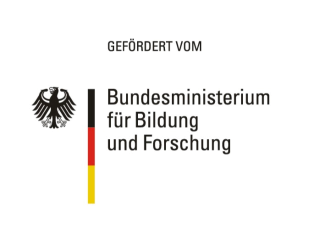For the biologisation of the economy based on organic waste and residual materials, the heterogeneous composition of these materials poses a major challenge due to the need for complex pre-treatment. The development of innovative and robust biological processes based on extreme biological environments and microorganisms allows the utilisation of heterogeneous waste and residual materials for the production of high-quality products that can contribute to the sustainable technical and socio-economic development of rural areas.
With an automated cultivation process of the extremophilic microalgae Galdieria sulphuraria, it would be possible to recycle organic residues from aquacultures such as shrimp farms. The extremophilic microalgae G. sulphuraria is able to heterotrophically convert various organic residues into algal biomass, which is rich in high-quality and versatile proteins, carbohydrates (glycogen) and pigments (especially phycocyanin). Due to extremophilic growth conditions such as pH 2 and 45 °C, G. sulphuraria displaces microbial contaminants, which even enables non-sterile cultivation under heterotrophic conditions.
Although the cultivation of G. sulphuraria on various organic residues has proven successful, industrial implementation has not yet been achieved. In order to manage and control the process performance with organic residues, AutoPro is working on the development of a process model in the form of a digital twin and its use for an integrated process engineering plant design including the development of control and regulation through to the online application for real-time monitoring for a decentralised process.





